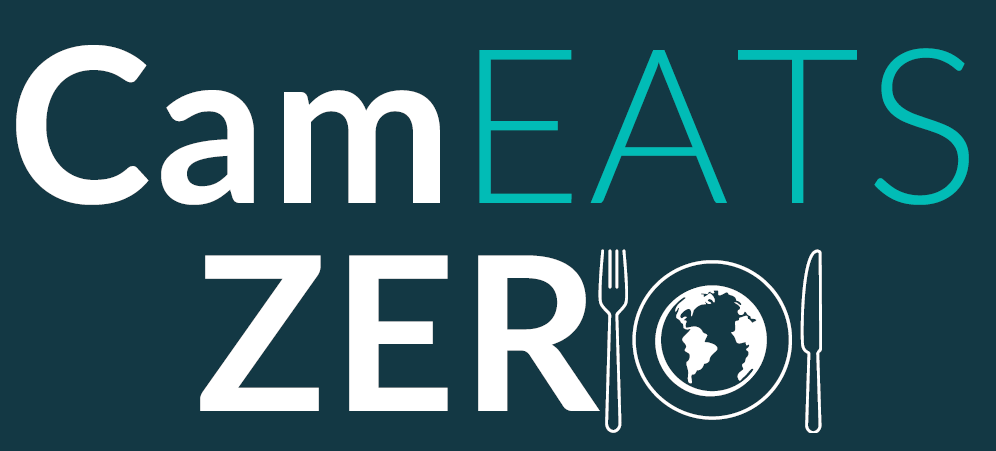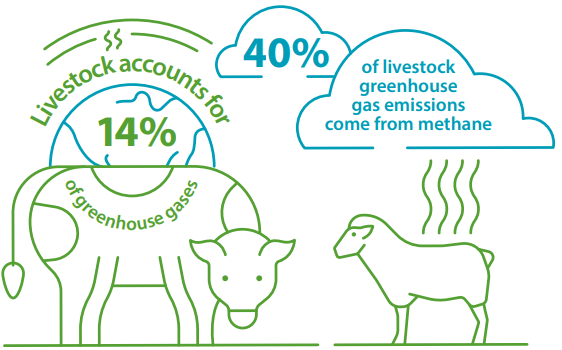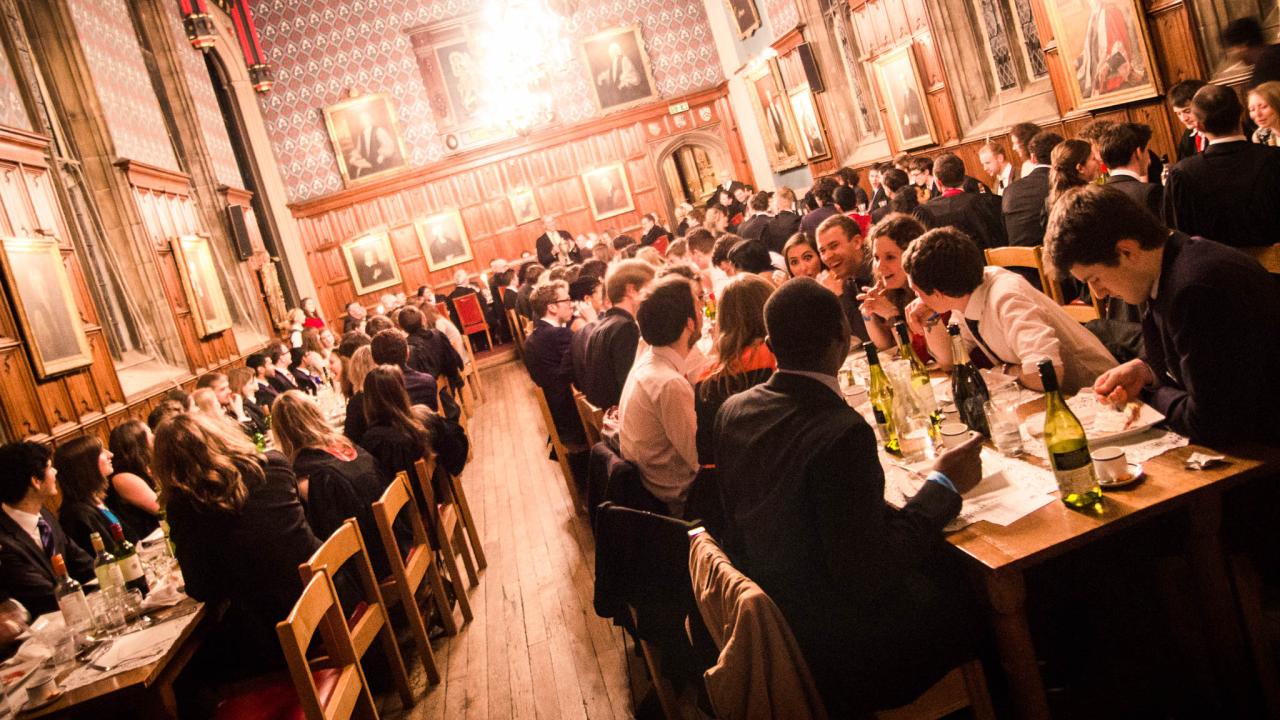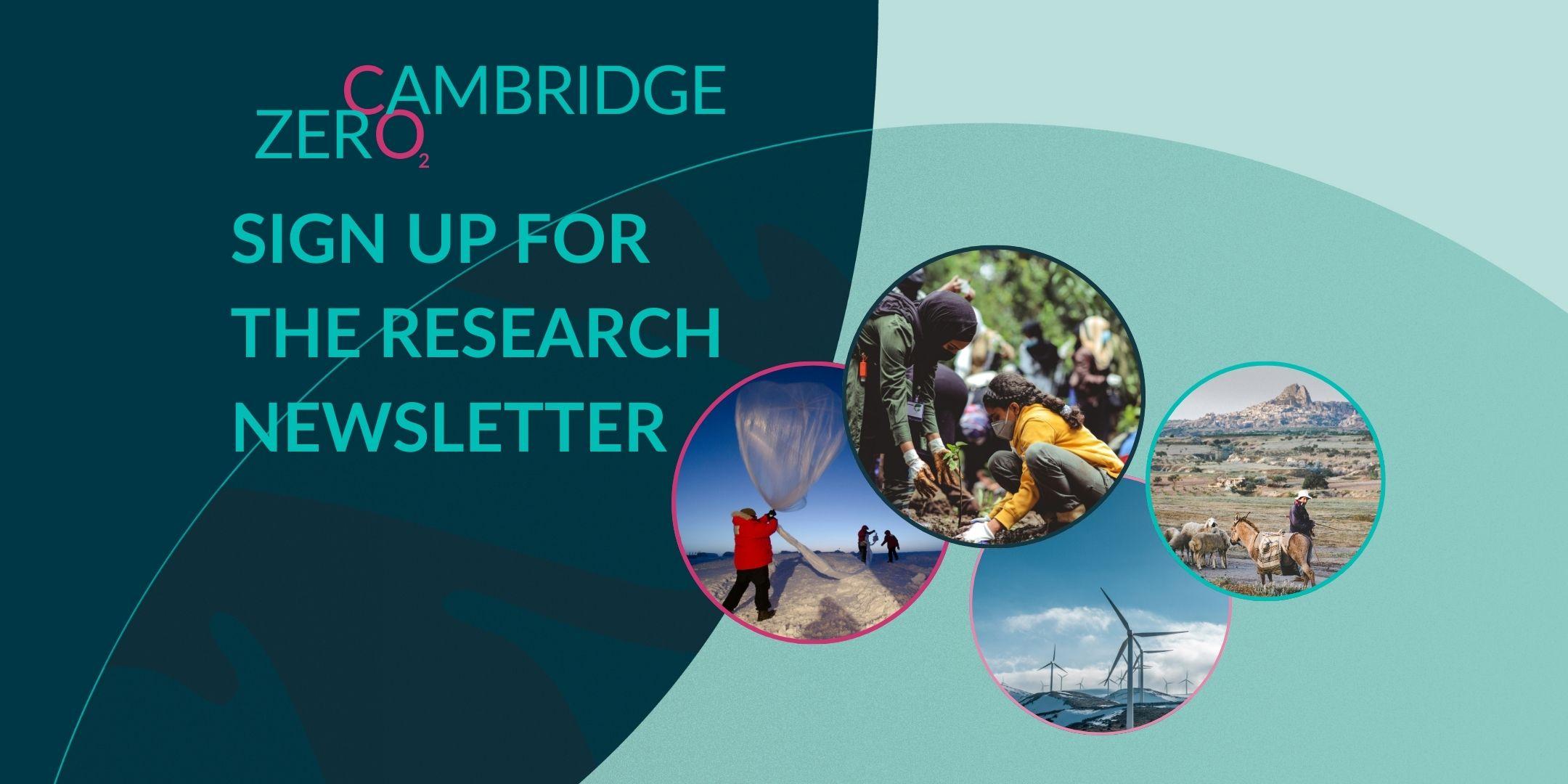The CamEATS ZERO Sustainable Food Initiative was successfully launched on February 12, 2024, marking an important step towards inspiring and supporting Cambridge Colleges to build on the progress they have already made to achieve even more sustainable food policies and practices. Read about the Launch Event and next steps here.
Latest training update:
Monday 21st October, All day trip, National Apple Day trip to Cambridge Juice Company. Pick and Press Apples. Contact Ivan to express interest (ilh25@cam.ac.uk)
Upcoming training Plan: Humane Animal Society, Foodbuy executive development chefs.


CamEATS ZERO, which launched in February 2024, is supporting all Cambridge Colleges to implement sustainable food policies to build on their progress towards achieving Net Zero. CamEATS ZERO has produced science-based Guidance on four priority actions for sustainable food policies together with training in plant-based cookery and minimising food waste for all catering staff.
“This initiative is an opportunity for Colleges to take part in a practical campaign against climate change," said Baroness Sally Morgan, Master of Fitzwilliam College and Co-Chair of the CamEATS ZERO Steering Group. "The combination of evidence-based guidance and training will enable Colleges to produce the most sustainable and appetizing food.”
The global food system is responsible for a third of all greenhouse gas emissions. International goals to reach net zero by 2050 requires reducing these emissions, which are driving climate change.
For example, meat from ruminant livestock such as cows, sheep, goats and deer, produces more than 40 times the emissions produced from plant-based proteins such as pulses, and five times more than pork.
“Shifting to largely plant-based diets is critically important for mitigating the catastrophic consequences of climate change and the extinction crisis,” said Andrew Balmford, Professor of Conservation Science. “Very few other actions can yield such dramatic benefits in a short span of time.”

1 FAO. Tackling Climate through Livestock: A Global Assessment of Emissions and Mitigation Opportunities. (2013).
2 J Poore and T Nemecek (2018). Reducing food’s environmental impacts through producers and consumers. Science. 360(6392): 987- 992.
The CamEATS Zero Sustainable Food Guidance describes four priority actions which Colleges can use to improve their food sustainability:
- Increasing the proportion of plant-based meals
- Reducing ruminant meats (beef, lamb and venison)
- Serving only sustainably sourced seafood
- Reducing food waste
The scientific evidence supporting these priority actions is here, together with evidence to bust some common myths about other actions less effective in reducing emissions.
“We developed this Guidance as a jumping-off point for College catering staff who were keen to get involved but weren’t sure where to start,” said Amy Munro-Faure, Head of Education and Student Engagement at Cambridge Zero. “…and through the cookery and waste workshops we want to provide staff with the necessary skills to make it happen.”
“Food is an essential part of everyone’s life, but the food we eat and how it comes to the table is a major contributor to climate change,” said Nick White, Head of Operations, University Catering Service. “We can all play a part in addressing the emissions that come from food production.”
For further information, see the attached documents detailing the Catering Staff Training Programme and the Science-based Guidance to inform Cambridge Colleges’ Sustainable Food Policies 2023.
This Guidance was developed by CamEATS ZERO in collaboration with the Catering Managers Committee and Bursars’ Sustainability Sub-Committee. Costs for attending the catering workshops are subsidised by the Catering Managers Committee.
CamEATS ZERO was inspired by the first ever Colleges Environmental Sustainability Report, published in March 2023, and the University Catering Service’s sustainable food journey. It was set up by a small group of committed individuals from across the Collegiate university with the backing of Cambridge Zero and funding for evaluation from the El-Erian Institute at the Cambridge Judge Business School.



